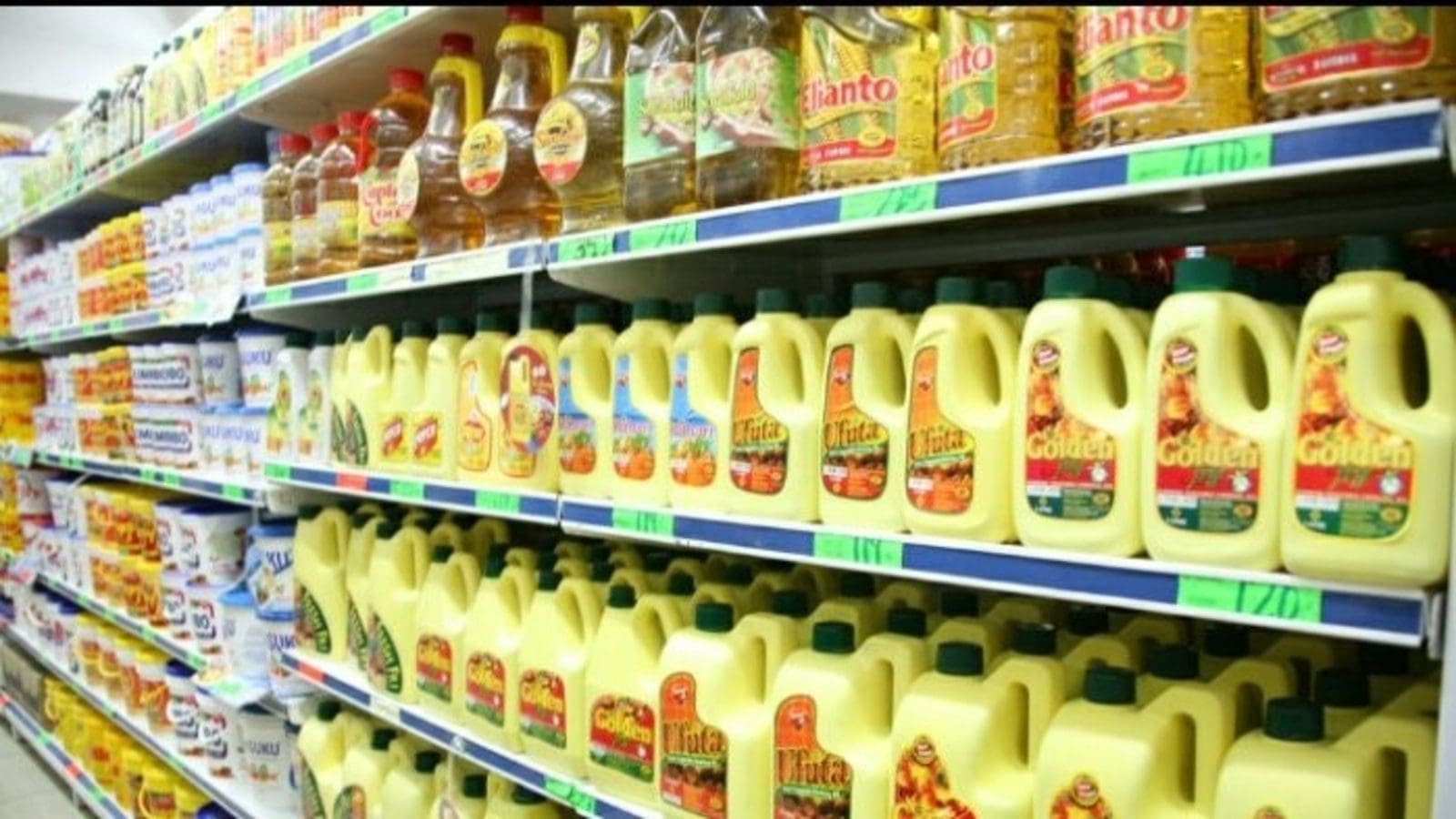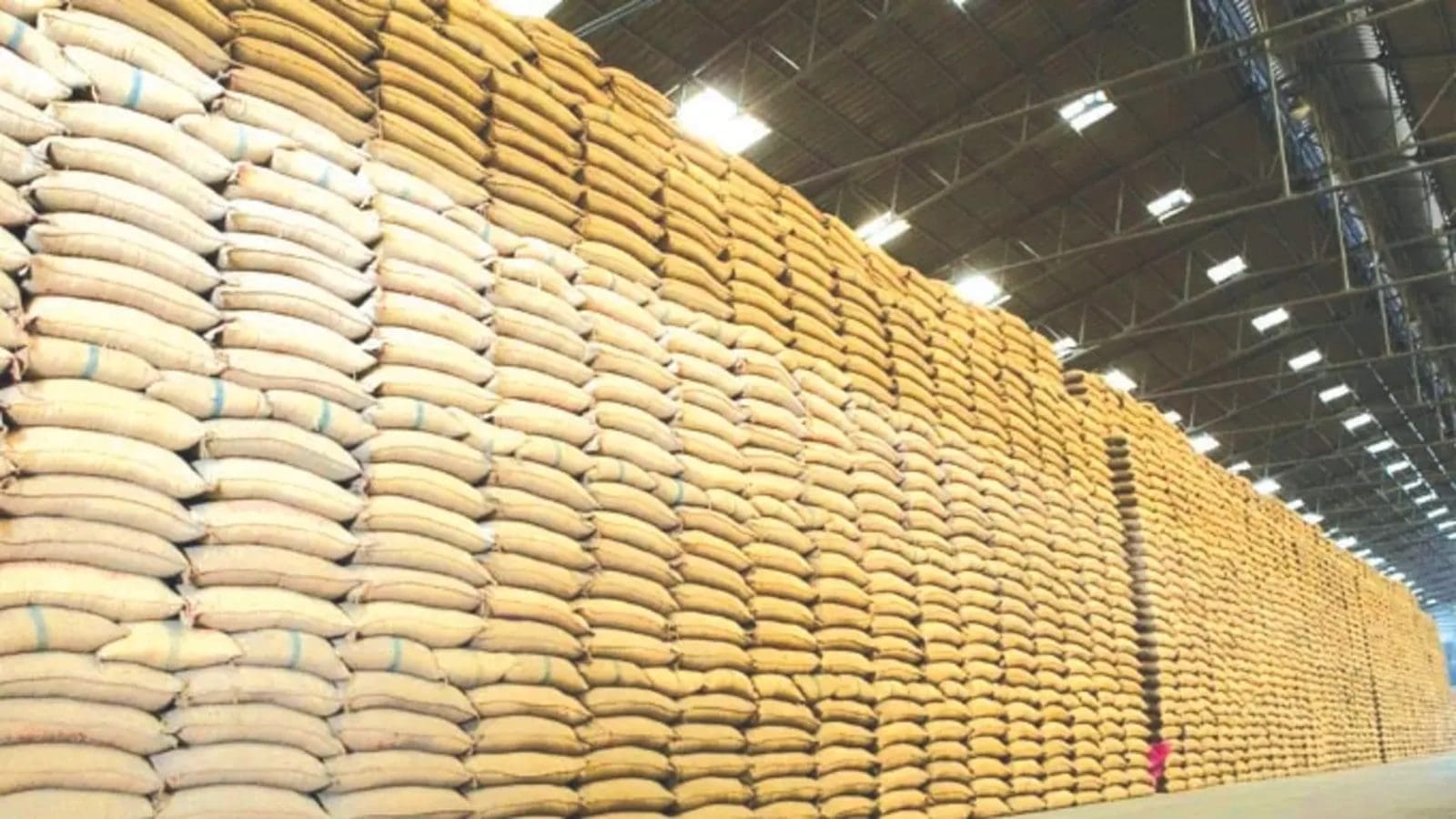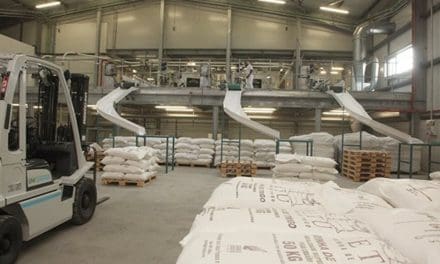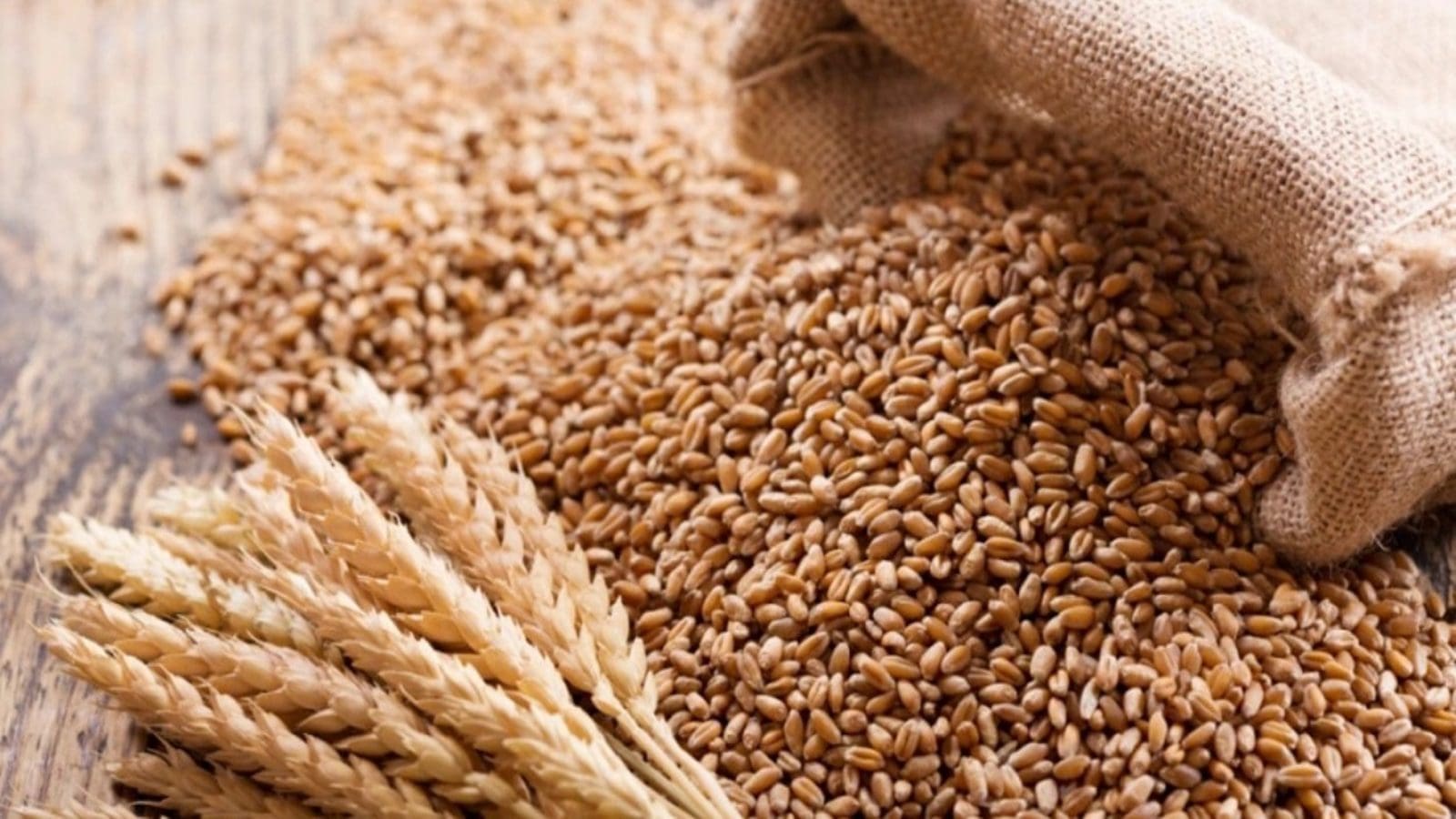KENYA – The government of Kenya plans to promote the production of sunflower and rapeseed (canola) in a bid to reduce the import bill for edible oils, which has skyrocketed to Sh120 billion (US$ 875.6M) annually.
Agriculture Principal Secretary Kello Harsama made the declaration adding that Kenya can produce edible oils, hence the government wants to promote the growth of sunflower, soya, and canola oil crops.
According to data from the Nuts and Oil Crops Directorate under the Agriculture and Food Authority (AFA), Kenya produces only 34 percent of its edible oils and fat requirements, the deficit is imported mainly from South-East Asian countries.
The country remains a net importer of vegetable oils as local production has not grown to meet the local demand, yet many oil seeds such as sunflower, simsim, soya beans, rapeseed (canola), coconut, castor, and groundnuts can be grown, and processed locally.
Harsama said Kenyans consume more than 600,000 metric tons annually but production is less than 40 percent.
“The strategy is to ensure that Sh120 billion remains in Kenya, by us striving to produce it in the country. We have a strategy in the next five years to reduce the import bill by more than 30 percent,” said the PS.
This comes after the recent plea by the Kenyan Association of Manufactures (KAM) to suspend the importation of duty-free edible oil which according to the conglomerate, the move would put over 100,000 Kenyan employees in the edible oils sector in jeopardy.
The Kenya Association of Manufacturers (KAM) said the duty waiver was against the East African Community’s common external tariff rules.
Additionally, the EAC-CET trade regulation attracts a 35 percent import duty on imported finished goods such as edible oil. This, according to KAM, is aimed at encouraging and promoting local production.
To achieve this goal, Harsama revealed that for the past seven years, the Kenya Agricultural and Livestock Research Organization (KALRO) has been undertaking research on oil palm in the Western region and so far, over 300 oil palm trees have been planted in 10-acre pieces of land.
During the meeting, the PS also assured that the government is on the move to increase rice production which is also among the most imported commodities in the country.
According to him, the annual consumption of rice in the country is one million metric tons. Out of the one million metric tons, farmers produce 150,000 metric tons while the deficit of 850,000 metric tons is imported.
He added that by next year, the government schemes to increase production by more than 30,000 metric tons by expanding irrigation schemes through the State Department of Irrigation.
For all the latest grains industry news from Africa, the Middle East and the World, subscribe to our weekly NEWSLETTERS, follow us on LinkedIn and subscribe to our YouTube channel










